All Stories
-
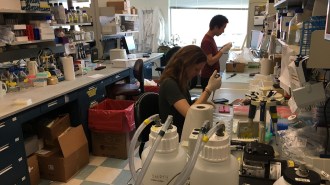 Health & Medicine
Health & MedicineNIH research grant cuts could deal a biting blow to crucial support staff
The funding agency aims to cap “indirect costs” in biomedical research grants. But this behind-the-scenes work is crucial to making research happen.
By McKenzie Prillaman and Alex Viveros -
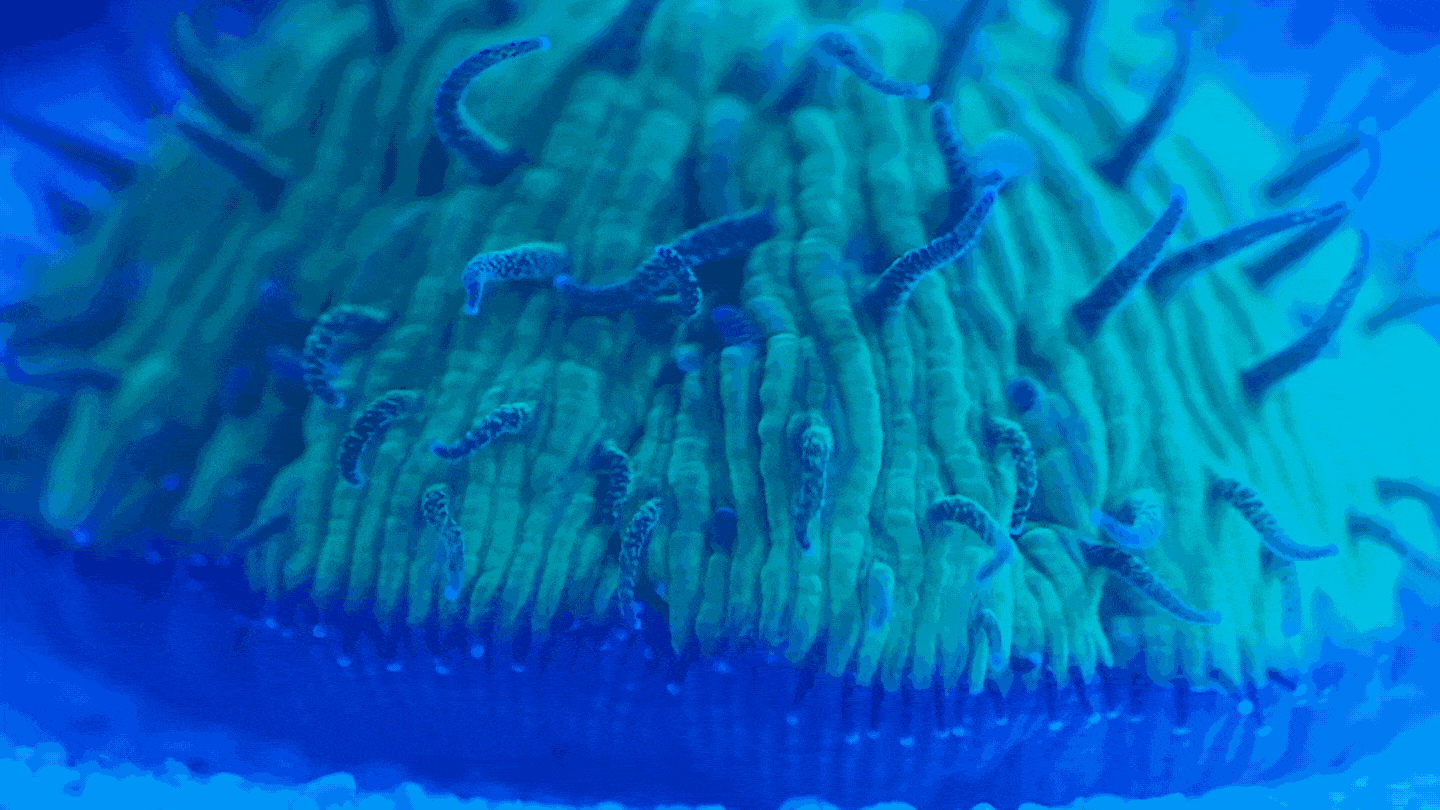 Animals
AnimalsHow a mushroom coral goes for a walk without legs
Time-lapse video shows how a mushroom coral polyp pulses and inflates, flinging its soft body into micro-hops to slowly move itself to a new location.
By Susan Milius -
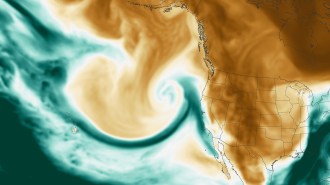 Earth
EarthEven epic rainfall may not be enough to refill SoCal’s aquifers
More than a dozen atmospheric rivers dumped rainfall on California in 2023 but replenished only 25 percent of the water lost from aquifers since 2006.
By Sid Perkins -
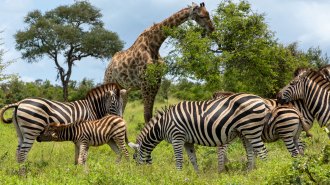 Animals
AnimalsIn a first, zebra cams reveal herds on the move with giraffes
Six zebras wore video cameras attached to collars, capturing the equines’ daily life. Sticking with giraffes may let the two species protect each other.
By Elie Dolgin -
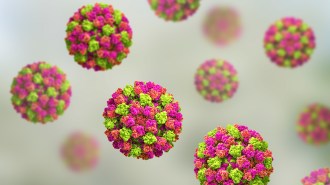 Health & Medicine
Health & MedicineWhy a norovirus vaccine isn’t available — yet
Norovirus is highly infectious and causing a lot of illness this winter. Several vaccine candidates are making their way through clinical trials.
-
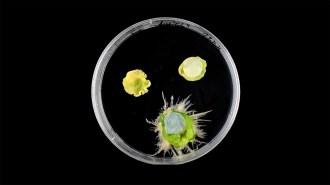 Plants
PlantsA bacteria-based Band-Aid helps plants heal their wounds
Recent research into bacterial cellulose patches may speed plants' recovery, improve grafting and help with preservation.
-
 Health & Medicine
Health & MedicineA pancreatic cancer blood test called PAC-MANN could spot the disease early
The test relies on a magnetic nanoparticle linked to fluorescent molecules to detect pancreatic cancer proteins.
By Meghan Rosen -
 Health & Medicine
Health & MedicineOzempic’s key ingredient may reduce the desire to drink alcohol
In the first clinical trial of its kind, people taking semaglutide drank less alcohol, adding to its promise of fighting addiction.
-
 Physics
PhysicsA cosmic neutrino of unknown origins smashes energy records
A deep-sea detector glimpsed a particle with 220 million billion electron volts of energy — around 20 times as energetic as any neutrino seen before.
-
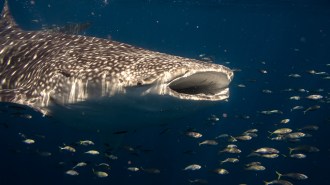 Animals
AnimalsMigrating whale sharks make pit stops at oil and gas rigs
Human-made structures act as artificial reefs, luring plankton and, in turn, Earth’s largest fish. That could put whale sharks at risk of ship strikes.
-
 Climate
ClimateHistorical writings reveal how people weathered the Little Ice Age
Records from 500 years ago document floods, famine and death in 16th century Transylvania due to wild weather swings during the Little Ice Age.
By Alex Viveros -
 Climate
ClimateJust a small rise in global temperatures could be deadly
As early as mid-century, an area of land that adds up to the size of the U.S. could hit temperatures hazardous for human health.
By Meghan Rosen